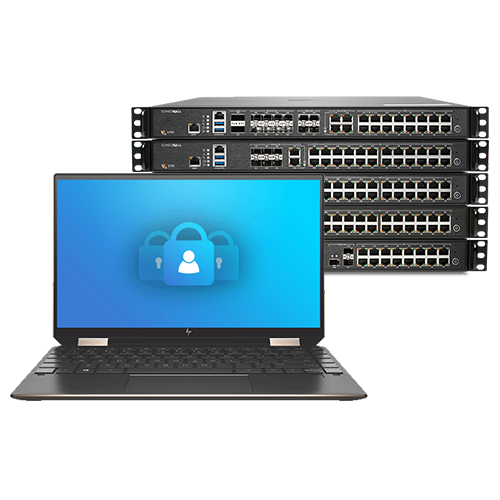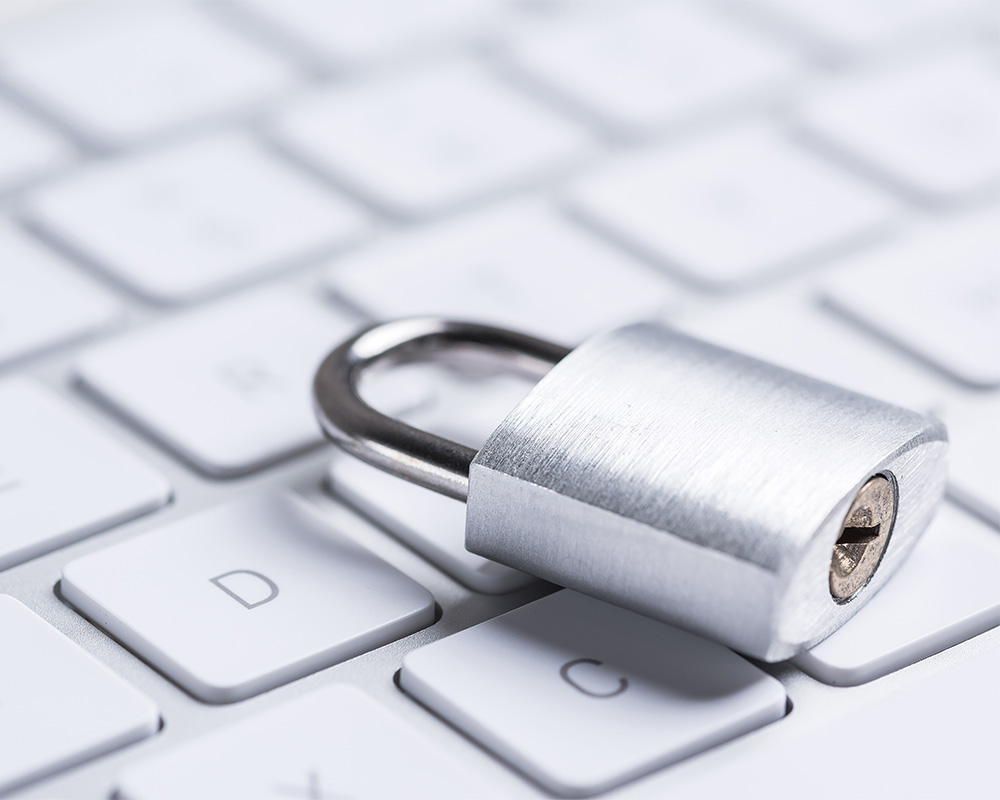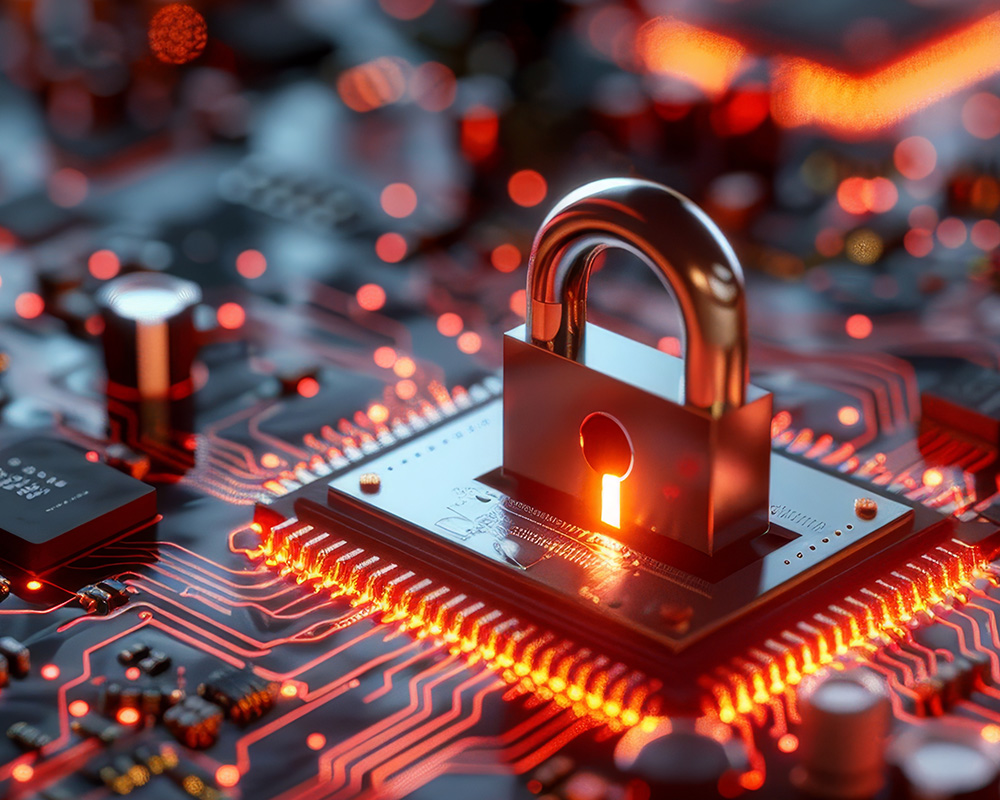2023 cyber security trends
If 2022 has taught companies anything, it’s that effective information and cyber security are now essential to business success. The headlines have been full of stories about data breaches and attacks caused by poor, unclear, or even a complete lack of information and data security management processes. The result? Significant financial losses, reputational damage, and hefty fines from regulatory bodies for the impacted organisation and, in some cases, their suppliers.
In recent years, the number of cyber threats has significantly increased. As a result, laws governing cyber security practices, such as HIPAA in the US, GDPR in Europe, and The Privacy Act in Australia, have been implemented to ensure that organisations are able to effectively demonstrate and implement information and data security best practices throughout all aspects of their business. In this blog, we’ll be exploring the top cyber security trends that businesses should be aware of in 2023 and how they can protect themselves and their customers. Stay ahead of the game by staying informed about the latest cyber security trends.
Privacy-focused information security
In 2023, privacy is expected to take the lead in the compliance landscape, rather than information security, as it has in the past decade. The increasing amount of privacy legislation is driving conversations about information security. Stricter data privacy regulations in multiple countries will shift these conversations towards a necessary privacy-first approach.
Leading platforms in the digital age have already begun to prioritise privacy. For example, Google is ending third-party cookies and implementing a privacy sandbox in 2023. Apple has also included privacy protection features, such as App Tracking Transparency, in iOS 14.5.
Adequacy with the EU GDPR is another factor driving the shift towards a privacy-first approach. Organisations seeking to work with the EU must demonstrate adequacy, or conformity, with the regulation. Additionally, localised data privacy regulations in countries outside the EU will contribute to the growing and increasingly complex global compliance landscape.
As the importance of privacy grows, so do the consequences for violating it. Not only do new laws impose fines, but a breach of confidentiality can also damage a brand’s reputation and trust. By demonstrating a commitment to privacy in their information management, brands can differentiate themselves from competitors and establish themselves as trustworthy, ultimately benefiting their financial success.
Global harmonisation of information, privacy, and data regulation
In 2023, we expect to see a push towards global harmonisation of information and data privacy regulations. Aligning and harmonising regulations globally will improve security, particularly regarding data protection, innovation, interoperability and cost.
For businesses wanting to operate outside their country of origin, complying with multiple different (and in some cases, increasingly divergent) regulations and frameworks can create huge workloads and doesn’t necessarily improve data privacy or security due to inconsistencies. This is especially true when it comes to cross-border data transfers, as businesses must navigate a patchwork of different requirements.
Harmonisation would not only reduce the compliance burden but also improve business security as a whole. It would also drive innovation, as businesses would have a clearer understanding of their global regulatory obligations and be able to develop products and deliver their services accordingly.
There are a few initiatives underway that could lead to greater harmonisation of data privacy regulations. One is the Asia-Pacific Economic Cooperation (APEC) Cross-Border Privacy Rules (CBPR) system, which allows participating businesses to transfer personal data from one member economy to another in compliance with a set of agreed-upon rules. Another is the EU’s General Data Protection Regulation (GDPR), which has been adopted by many countries outside the EU and is viewed as a global standard for data protection.
The rise of artificial intelligence in cyber security
Artificial intelligence (AI) is playing an increasingly important role in cyber security, with the ability to detect and prevent attacks that would be impossible for humans to catch. Machine learning algorithms can analyse vast amounts of data and identify patterns that might indicate an attack is imminent, allowing organisations to take action before it’s too late.
AI can also be used to automate various cyber security tasks, freeing up human analysts to focus on more complex tasks. This can help organisations stretch their resources and improve their overall security posture.
However, it’s important to note that AI is not a magic bullet and can have biases and ethical considerations. It’s crucial for organisations to carefully consider these issues and ensure that they are using AI responsibly.
Adoption of zero trust security model
Traditionally, organisations have relied on a perimeter-based security model, in which the perimeter (e.g., a firewall) is seen as the first line of defence against attacks. However, with the proliferation of cloud services, mobile devices, and the Internet of Things (IoT), the traditional perimeter has become increasingly porous, making it difficult to defend against attacks.
To address this issue, many organisations are turning to zero trust security models, which assume that all users and devices are potentially risky and require continuous verification. Under a zero trust model, access to resources is granted based on a combination of user identity, device trust, and contextual information (e.g. location, time of day).
Adopting a zero trust model can help organisations improve their security posture by reducing the attack surface and making it harder for attackers to gain access to sensitive resources. It can also improve compliance with regulations such as the EU GDPR, which requires organisations to implement appropriate technical and organisational measures to ensure the security of personal data.
The continued expansion of the remote workforce
The COVID-19 pandemic has accelerated the trend towards remote work, with many organisations shifting to a fully or partially remote model. While remote work has many benefits, it also presents unique cyber security challenges.
One challenge is the use of personal devices and home networks, which may not have the same level of security as corporate-owned devices and networks. This can make it easier for attackers to gain access to sensitive data. To address this issue, organisations should ensure that remote workers have access to secure virtual private networks (VPNs) and other secure communication tools.
Another challenge is the increased use of cloud-based services, which can make it more difficult to control access to sensitive data. Organisations should ensure that they have robust controls in place to manage access to cloud-based resources and that they have visibility into who is accessing what information.
The importance of security hygiene and employee education
Effective cyber security is not just about technology; it also requires strong security habits and behaviours. This is especially important given the increased use of remote work, as personal devices and home networks may not have the same level of security as corporate-owned devices and networks.
Security hygiene refers to the simple but effective practices that individuals can follow to protect their devices and data. These practices include using strong passwords, keeping software and security patches up to date, and being cautious when clicking on links or opening attachments.
Employee education is also crucial in preventing cyber attacks. Employees should be trained to identify and avoid phishing scams, which are a common way for attackers to gain access to an organisation’s network. They should also be aware of the importance of security hygiene and be encouraged to follow best practices.
Wrapping up: Top cyber security trends for businesses in 2023
As we’ve seen, 2023 is shaping up to be an exciting and challenging year for cyber security. From a shift towards a privacy-first approach to information security, to the increasing global harmonisation of regulations and the rise of AI in cyber security, there are many trends that businesses need to be aware of.
Other key trends include the growing adoption of zero trust security models, the continued expansion of the remote workforce, and the importance of security hygiene and employee education. By staying informed about these trends and taking the necessary steps to protect their organisations, businesses can stay ahead of the game and reduce their risk of falling victim to cybercrime.
Enhance cyber security within your business
For more information about cyber security and how to protect your business from cyber threats, talk to our team of experts. We’ll review your existing security setup and identify areas in which you can improve before recommending the most effective solutions for your unique business.






